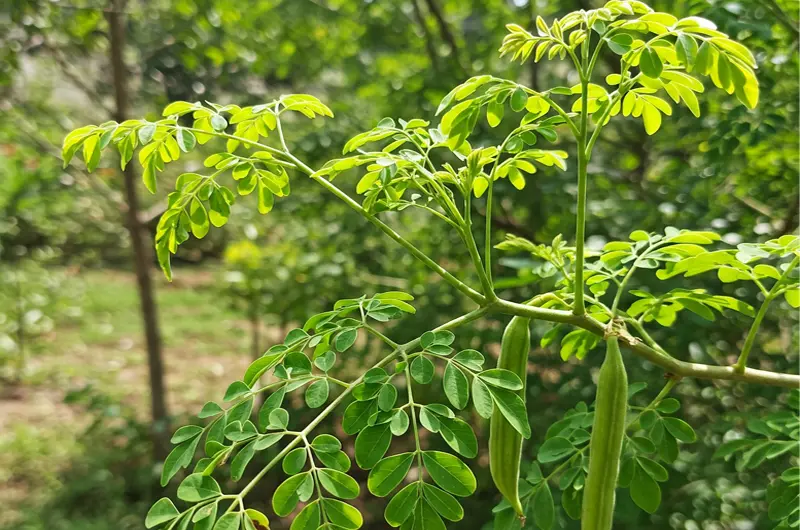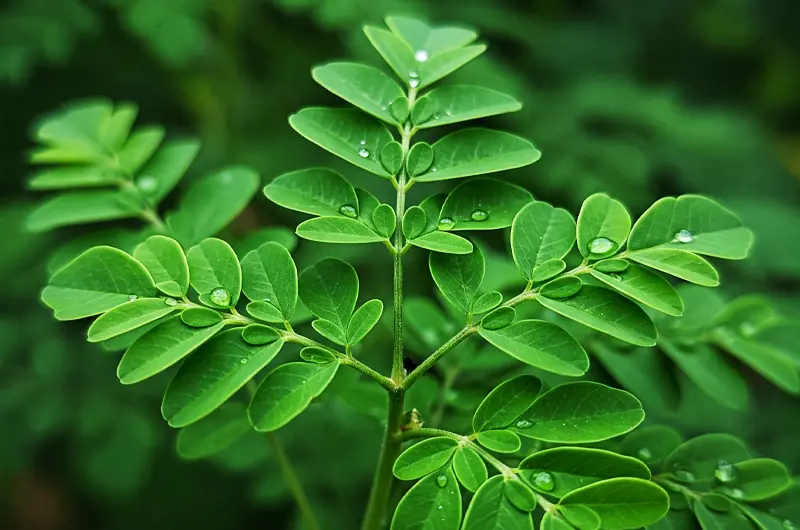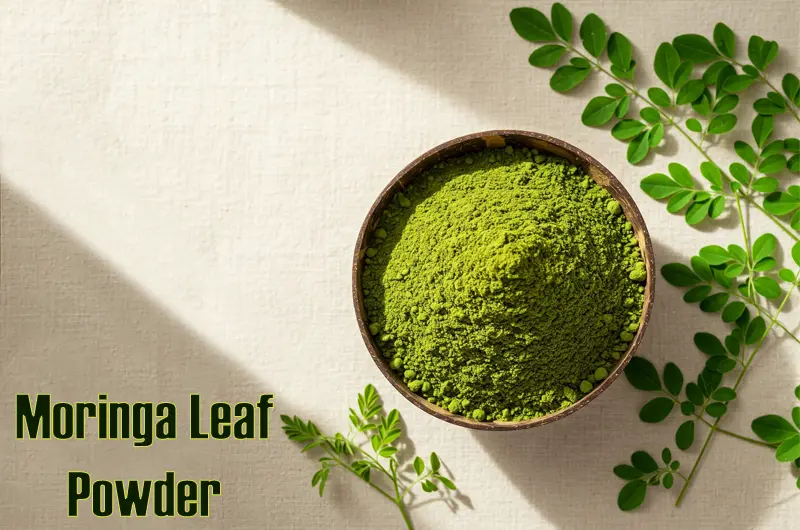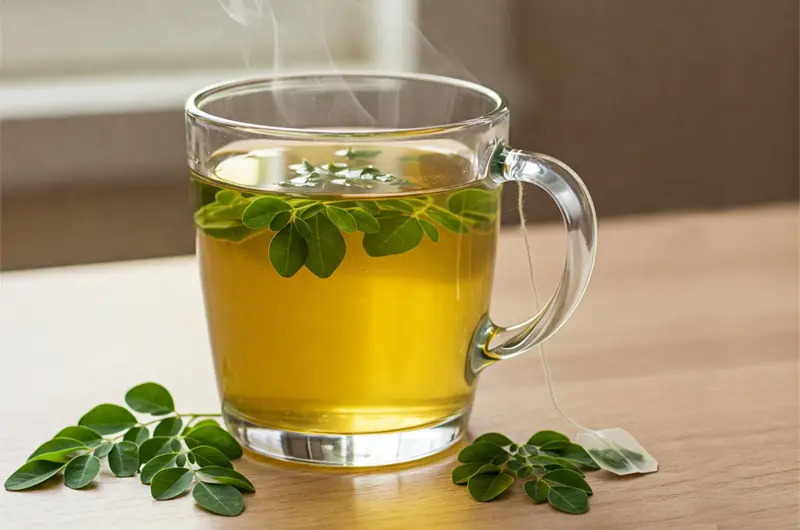Unveiling the Nutritional Power and Health Advantages of Moringa Oleifera (Malunggay), the “Miracle Tree”
Often called the “Miracle Tree” or “Drumstick Tree,” Moringa oleifera, widely known as Malunggay in the Philippines, is a plant celebrated for its dense nutritional content and wide-ranging potential health benefits. Native to parts of Asia and Africa, nearly every part of the tree – leaves, pods, seeds, flowers, roots – has been used for centuries in traditional medicine and cooking. Let’s delve into the remarkable profile of this plant and explore the science-backed benefits of Moringa.
What is Moringa (Malunggay)?
Moringa oleifera is a fast-growing, drought-resistant tree belonging to the Moringaceae family. It’s recognized globally by various names but is consistently valued for its adaptability and nutrient richness. Traditionally, its leaves and immature seed pods (drumsticks) are common ingredients in cuisines across South and Southeast Asia, including the Philippines where “Malunggay” is a household staple, often added to soups and stews.

Nutritional Powerhouse: Moringa’s Impressive Profile
One of the primary reasons for Moringa’s acclaim is its exceptional nutritional value. The leaves, in particular, are loaded with essential vitamins, minerals, and plant compounds.

Rich in Vitamins and Minerals
Moringa leaves are an excellent source of:
- Vitamin A: Crucial for vision, immune function, and skin health.
- Vitamin C: A powerful antioxidant that supports the immune system.
- Vitamin E: Another potent antioxidant protecting cells from damage.
- Calcium: Essential for bone health.
- Potassium: Important for blood pressure regulation.
- Protein: Containing all essential amino acids, rare for a plant source.
- Iron: Vital for preventing anemia and transporting oxygen.
Packed with Beneficial Antioxidants
Beyond vitamins, Moringa is rich in antioxidants like quercetin, chlorogenic acid, and beta-carotene. These compounds help combat oxidative stress caused by free radicals, potentially reducing the risk of chronic diseases like heart disease and type 2 diabetes. Chlorogenic acid, also found in coffee, may help moderate blood sugar levels after meals.
Exploring the Health Benefits of Moringa
Research into Moringa’s properties is ongoing, but studies suggest several promising health advantages:
Potential Anti-inflammatory Effects
Chronic inflammation is linked to many health problems. Moringa contains isothiocyanates, flavonoids, and phenolic acids, which have demonstrated anti-inflammatory properties in test-tube and animal studies. While more human research is needed, this is a key area of interest.
May Help Lower Blood Sugar Levels
Several studies, primarily in animals and small human trials, indicate that Moringa may help lower blood sugar. Compounds like isothiocyanates are thought to be responsible. Individuals with diabetes should consult their doctor before using Moringa, as it could interact with medications.
Could Support Cholesterol Reduction
High cholesterol increases heart disease risk. Both animal and human studies have shown that Moringa may have cholesterol-lowering effects, potentially similar to those of oats or flaxseeds.
Protecting Against Arsenic Toxicity
Arsenic contamination in food and water is a global concern. Some studies in animals suggest that Moringa leaves and seeds may protect against some effects of arsenic toxicity, although human studies are necessary for confirmation.
Supporting Brain Health
Thanks to its antioxidant and neuro-enhancer activities, Moringa is being explored for its potential role in supporting brain health and cognitive function. It might offer benefits against age-related decline, but more research is essential.
Nourishing Skin and Hair
The antioxidants, vitamins, and hydration properties found in Moringa, especially Moringa oil extracted from the seeds, can be beneficial for skin and hair health when applied topically or consumed.
How to Use Moringa
Incorporating Moringa into your diet is relatively easy:
Moringa Powder:
- Dried and ground leaves make a versatile powder. Add it to smoothies, juices, soups, yogurt, or sprinkle over salads and cooked dishes. Start with a small amount (e.g., half a teaspoon) and gradually increase.

Fresh Moringa Leaves:
- Use fresh leaves like spinach – add them to soups (like Filipino Tinola), stews, omelets, or stir-fries.

Moringa Tea:
- Steep fresh or dried leaves in hot water to make a nutritious tea.

Moringa Oil:
- Used in cooking or topically for skin and hair care.
Moringa Capsules/Supplements:
- A convenient option for a measured dose.
Potential Side Effects and Considerations
While generally considered safe when consumed as food, keep these points in mind:
- Dosage: High doses of certain extracts, especially from the root (which should generally be avoided), may have adverse effects. Stick to moderate amounts of leaves and powder.
- Interactions: Moringa might interact with medications for diabetes (lowering blood sugar further), high blood pressure, and thyroid conditions. Consult your healthcare provider before adding Moringa to your routine, especially if you have underlying health conditions or are on medication.
- Pregnancy: Avoid Moringa root, bark, or flower extracts during pregnancy, as they may induce uterine contractions. The safety of leaves during pregnancy is less clear; consult a doctor.
Embracing the “Miracle Tree”
Moringa oleifera (Malunggay) stands out as a remarkably nutritious plant offering a spectrum of potential health benefits, from antioxidant and anti-inflammatory support to possibly helping manage blood sugar and cholesterol. Its versatility makes it easy to add to your diet through powders, fresh leaves, or tea. While research continues to uncover its full potential, Moringa’s long history of use and impressive nutrient profile solidify its reputation as the “Miracle Tree.” Always consult with a healthcare professional before making significant changes to your diet or using supplements.
Read More about Moringa: How to Grow Moringa: Your Guide to the Miracle Tree
Latest Posts:


